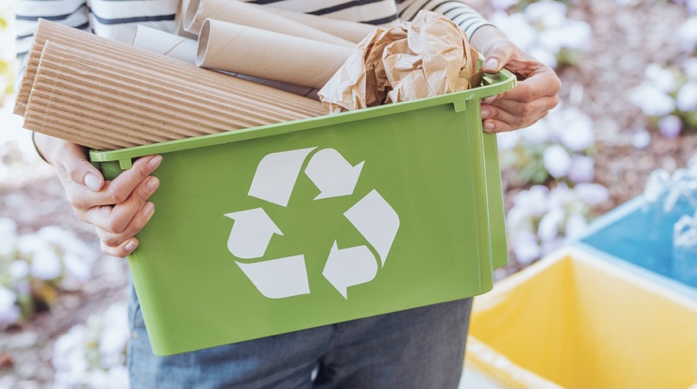Contents
As interesting as what it may seem like, environmental sustainability may mean different things to different people, fair enough to say that it can even be interpreted in a disparate way. Starting from the fringes, it has gone a long way to the mainstream of one of the most defining features of the 21st century.

But what does it really mean?
Environmental sustainability means more than just recycling wastes and making the best of user friendly products. From a creative point of view, it’s more about making decisions and ways of operating models that don’t negatively impact the environment, as long as they are neither too finite not temporary.
It might sound vague, but to utilize an opportunity as little as looking into natural resources and carbon footprints also play a major role. But like they say, “the more the merrier!”
Since environmental sustainability has become a demanding trend all over the world, in terms of business, initiatives such as Sustainable Development goals and the Paris Agreement have been taken through intense focus of innovative and scientific research.

Ways to promote sustainability:
Cutting Down On Paper Wastes:
- We all think we know how this works. Scale down on chopping trees, because no trees means no paper. Unfortunately, it doesn’t work that way. While paper is generally a recyclable material, many of us don’t realize that several internal processes and operations take a toll on the manufacturing of paper by adding certain products that make it nearly impossible to recycle them. Eventually they end up in the dumpster. A better route would be utilizing digital formats as it gives us a chance to go completely paperless. It’s also more easier, convenient and better organized which makes it an extra comfortable and effortless way to be more sustainable towards our environment.
Minimizing Energy Expenditure:
- Fossil fuels! That’s right! The very first perception one could have in taking a step to promote sustainability is to have a motive of sinking down the exhaustion of fossil fuels. The United Kingdom took the initiative of banning diesel and gas cars by 2040 in order to improve the quality of air in the environment by reducing to levels of nitrogen dioxide and carbon emissions. Although it may seem impossible to completely abandon petrol, diesel and other forms of fancy biomass, there’s always a roundabout, considering that the usage of electric cars and Tesla solar roofs never really hurt anybody.
Encouraging Telecommuting:
- Another clever strategy to reduce fossil fuel consumption would be conceding employees to work from home. Organizations that emphasize on radiating environmental friendly behaviours have better changes of portraying their passion and support towards environment sustainable methodologies.
Checking For Biodegradability:
- Oh, don’t we all love shopping! We care a lot about the products we purchase and order. But how many of us actually care about the packaging and labelling that comes with it? What we don’t know is, most of the material the packaging is made up of is not biodegradable. So as soon as we throw the labels and covers away, it piles up straight in landfills.
- But there’s always a way. Encouraging biodegradable and labelling substrates might pave a way to minimise the amount of non biodegradable wastes that end up in landfills. One of the alternatives to do this includes water soluble packaging for certain types of products, some of which are food, medicines, pharmaceuticals and cleaning agents as well.
Dodging The Shortcut:
- Regardless of whether we are a company or individual citizens, as human beings we are obligated to welcome the best practices to promote environmental sustainability wherever we go- which may be by creating employee green teams, committing towards more ego friendly supply chains or even as small as being inspired to make our planet the better version of itself.

Every step, no matter how small it may be, might be the first step in making today better than yesterday. So what are you waiting for? Get out there! Be the inspiration that our people want to see and the change that our planet needs!

An ambitious warrior to overcome the adversities of life and find the path to my victory. In search of my innerself in the works of time and space.
